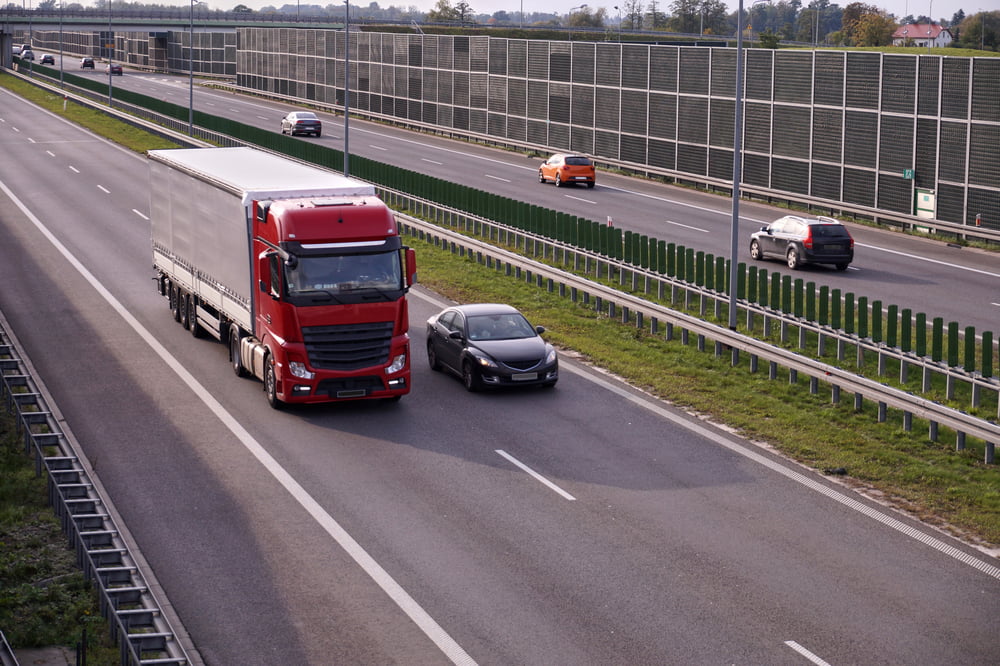Without an adequate subsidy scheme and timely investments in charging infrastructure, there will be too few electric trucks in 2030 to be able to supply Dutch cities. This is apparent from a report by research agency Panteia into the transition of emission-free freight transport.
It has been agreed in the climate agreement that thirty to forty cities will be supplied emission-free by 2030. This requires almost 12.000 zero-emission trucks, Panteia calculated. That number is now less than 250. Due to the high additional costs of an electric truck, the lack of an adequate subsidy and the lack of charging infrastructure, the sustainability transition is in danger of starting too late, concludes Panteia in the report: Ingrowing Path Zero Emission Trucks.
Subsidy
Because electric trucks are expected to remain much more expensive than diesel trucks until 2030, Panteia expects entrepreneurs to massively postpone the purchase of electric trucks until the end of this decade. This could lead to 'serious market disturbances' and the required edification of e-trucks will start much too late. To encourage entrepreneurs to make the switch to electric sooner, more is needed than just a subsidy scheme that covers 40 percent of the additional costs of an electric truck, according to the researchers. An additional investment of more than 1,1 billion euros is required compared to the current budget.
Electricity
That amount does not include the necessary investments in the electricity grid, which is already overloaded in some cities and needs to be increased to meet the future demand for electricity. In the report, Panteia points out that the long lead time can cause problems. After all, it can easily take five years before a grid operator can implement a necessary reinforcement of the grid, according to Transport and Logistics Netherlands.
"This report confirms once again that the government must intervene and get to work now. Because in order to be able to supply cities emission-free in the future, transporters need two things: enough subsidy and electricity. But there is a lack of both. We have many members who prefer today tomorrow already make the switch to electric, but who simply cannot make it financially. Moreover, they do not have the certainty that they will be able to charge those expensive trucks at all in the future. We need a new cabinet that takes our sustainability task seriously and entrepreneurs immediately is going to encourage people to make the transition. Because time is really running out and they can't do this alone."
TLN director Jan Boeve.


